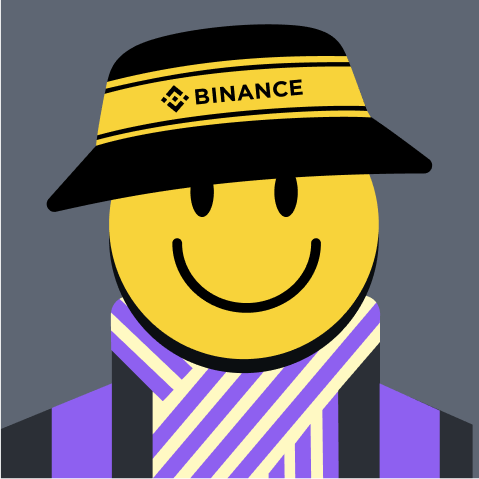How did the "flickering" virtual currency become a tool for illegal foreign exchange trading? On April 9, a Beijing Business Daily reporter noticed that the Beijing police and the Beijing branch of the State Administration of Foreign Exchange recently jointly cracked a series of cases involving virtual currency, involving more than 2 billion yuan. It is worth noting that the case not only has a variety of hidden criminal methods, but is also a "serial case" with a complex mix of darknet transactions and illegal foreign exchange trading.
In the disclosed cases, criminals used the "dark web" and virtual currency to transmit information and conduct virtual currency transactions, especially illegally selling various types of private information of Chinese citizens. Underground money bank criminal gangs used domestic RMB funds to purchase virtual currency from domestic currency speculators and currency traders, and then sold the virtual currency to overseas sellers through different overseas virtual currency platforms to obtain foreign exchange.
The seemingly "normal" trading process is actually a gray area of money laundering and illegal foreign exchange trading. It should be made clear that in my country, virtual currency-related business activities are illegal financial activities. Using virtual currency as a cross-border trading medium to achieve illegal exchange of foreign exchange and RMB is illegal foreign exchange trading.
Various crimes involving virtual currencies have become increasingly rampant in recent years, mainly because virtual currencies are highly concealed and anonymous. According to industry insiders, underground banks have begun to explore platform-based and P2P-based exchange paths, and use virtual currency exchange to achieve foreign exchange conversion. The emergence of such platforms is both an inevitable gray area under the foreign exchange regulatory policies of various countries and a new thing.
For example, after receiving foreign exchange from customers, underground banks do not need to use their own RMB reserves to pay, nor do they need to "rush" to find trading customers who need foreign exchange for conversion. They can directly exchange foreign exchange for virtual currency, and then exchange virtual currency for any national currency they want. "As long as the virtual currency market is prosperous enough, the convenience of criminal means such as currency exchange and money laundering will increase, and it will also increase the difficulty of investigation for the case-handling agencies." An industry insider admitted.
For this reason, my country has strict restrictions on foreign exchange transactions and virtual currency transactions. Wang Deyi, a lawyer at Beijing Xunzhen Law Firm, said that according to my country's current laws and regulations, buying and selling virtual currencies poses huge criminal and civil risks. Large-scale buying and selling of virtual currencies, transfer of domestic assets, and suspected crimes related to money laundering may face criminal prosecution. In civil terms, my country's participation in virtual currency transactions is not protected by law, and the risks of related transactions are entirely borne by users.
So what risks should ordinary people be wary of? How can they avoid being involved in such illegal activities? The case officers of the Economic Crime Investigation Team of the Beijing Municipal Public Security Bureau pointed out that foreign underground banks and money laundering gangs often use the pretext that foreign exchange trading is legal in some countries to dilute this legal responsibility and induce Chinese people to open bank accounts and virtual currency accounts in China to help them realize the fund transfer transactions of underground banks. This behavior is illegal and criminal in my country, suspected of illegal business operation or money laundering under the criminal law, and they must bear legal responsibility.
"When handling foreign exchange business, the general public must go through banks and other formal financial institutions and stay away from illegal channels such as underground banks to avoid financial and property losses and penalties for violating relevant foreign exchange management regulations." said Yao Li, deputy governor of the Beijing Branch of the People's Bank of China.
Li Ya, a partner at Beijing Zhongwen Law Firm, further added that if any legal person, non-legal person organization or natural person invests in virtual currency and related derivatives and violates public order and good morals, the relevant civil legal acts will be invalid, and the losses caused by them will be borne by themselves; if they are suspected of disrupting financial order and endangering financial security, they will be investigated and dealt with by relevant departments in accordance with the law. Participating in virtual currency investment and trading activities involves legal risks such as invalid behavior, frozen transaction cards, and aiding and abetting crimes. It is recommended that individuals maintain a prudent attitude when participating in virtual currency investment, and at the same time do not sell or lend personal documents such as bank cards and ID cards to others for use, to protect personal information security.
You are welcome to click on the avatar to follow my homepage to get more valuable market information and investment strategy suggestions. Let us grow together on the road of investment!




